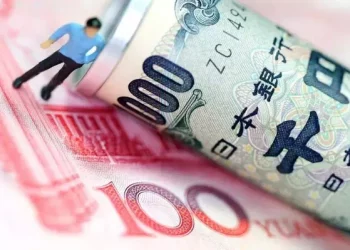CHF is the official currency code for the Swiss Franc, the national currency of Switzerland and Liechtenstein. The Swiss Franc is one of the world’s most stable and reliable currencies, with a long history of sound monetary policy and economic stability.
The abbreviation CHF stands for “Confoederatio Helvetica Franc,” which is Latin for “Swiss Confederation Franc.” The use of the Latin term “Confoederatio Helvetica” instead of “Switzerland” is due to the country’s official name, which is “Confoederatio Helvetica” in Latin. The term refers to the Swiss Confederation, which is the federal state that includes the 26 cantons (states) of Switzerland.
The Swiss Franc has a reputation for being a safe-haven currency, which means that it is often sought after by investors during times of economic uncertainty. This is because Switzerland has a long history of political stability, low inflation, and a strong banking system. The Swiss National Bank is responsible for issuing and regulating the Swiss Franc, and it has a mandate to ensure price stability and support the Swiss economy.
The Swiss Franc is divided into 100 centimes, and its denominations are 10, 20, 50, 100, 200, and 1,000 francs. Each denomination has its unique color and design, making it easy to distinguish between them. The banknotes and coins feature images of Swiss symbols and landmarks, including the Swiss shield, the Matterhorn, and William Tell.
The Swiss Franc is widely used in international finance and trade, and it is also accepted by many shops and restaurants in neighboring countries such as Germany, France, and Italy. The use of the Swiss Franc as a safe-haven currency has made it popular with investors seeking to diversify their portfolios and protect their wealth during times of economic uncertainty.
In conclusion, CHF stands for the Swiss Franc, the official currency of Switzerland and Liechtenstein. The Swiss Franc is known for its stability, reliability, and reputation as a safe-haven currency. Its use in international finance and trade, as well as its acceptance in neighboring countries, makes it an important currency in the global economy.
























